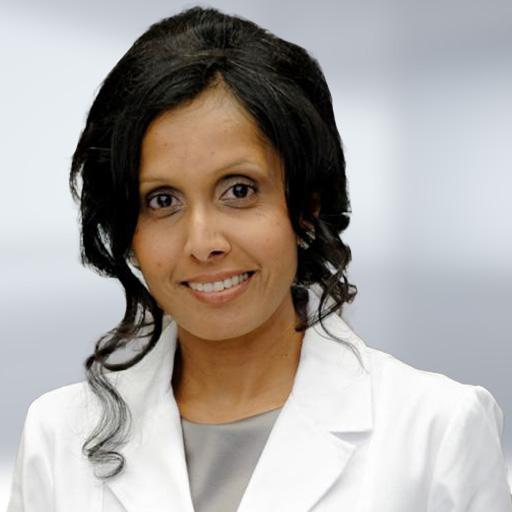Charu Chandrasekera, PhD
Director of Laboratory Science
Charu Chandrasekera, Ph.D., is director of laboratory science with the Physicians Committee for Responsible Medicine, a nationwide organization of physicians and laypersons that promotes preventive medicine, especially good nutrition, and addresses controversies in modern medicine, including ethical issues in research.
As the director of laboratory science, Dr. Chandrasekera is spearheading the Physicians Committee’s efforts to replace the use of animals in research antibody production through hands-on laboratory research, as well as research policy advocacy work. Dr. Chandrasekera led the Physicians Committee’s research fellowship program, which has resulted in multiple peer-reviewed scientific publications and conference presentations that propose modern and effective human-relevant, human-based strategies to shift away from the use of animals in biomedical research.
Dr. Chandrasekera received her doctorate in biochemistry and molecular biology from the University of Calgary, Canada, with specialized training in cardiovascular molecular biochemistry. During her post-doctoral positions at the University of Michigan Medical School and Wayne State University of School of Medicine, Dr. Chandrasekera utilized a full range of molecular, biochemical, pharmacological, and physiological techniques to lead research projects on dilated cardiomyopathy and cardiac ischemia/reperfusion injury that involved both in vitro cell/tissue models and in vivo genetically engineered rodent models. Subsequently, as a research associate in diabetes and endocrinology at Wayne State University, Dr. Chandrasekera conducted research designed to elucidate cellular signaling pathways regulating glucose homeostasis in vitro and in mouse models of diabetes.
During her research with animal models of human disease, Dr. Chandrasekera experienced firsthand the limitations that render animals ineffective as “models” for human disease: No amount of genetic, molecular, or physiological tinkering can lead to accurate recapitulation of human disease in an animal even in the presence of conserved genomes and molecular pathways and adherence to rigorous research methods. With this realization, after 14 years in academic research, Dr. Chandrasekera joined the Physicians Committee to explore and promote the use of human-relevant, human-based research methods in basic biomedical research.
Dr. Chandrasekera advocates for a paradigm shift in which our species, Homo sapiens, serves as the quintessential animal model in research. She promotes integrative human-based research frameworks incorporating every level of human complexity—from DNA to whole-organism level and beyond—that can serve as the primary platform from which hypothesis-driven basic science discoveries are launched. She emphasizes that through the widespread use of currently available and newly developing human-based in vitro, ex vivo, in vivo, and in silico methods, scientists can garner greater replication and translation that benefits the understanding, prevention, and treatment of human disease.
Dr. Chandrasekera’s recent work has been published in various peer-reviewed scientific journals, and she has been invited to present her work at national and international conferences.






